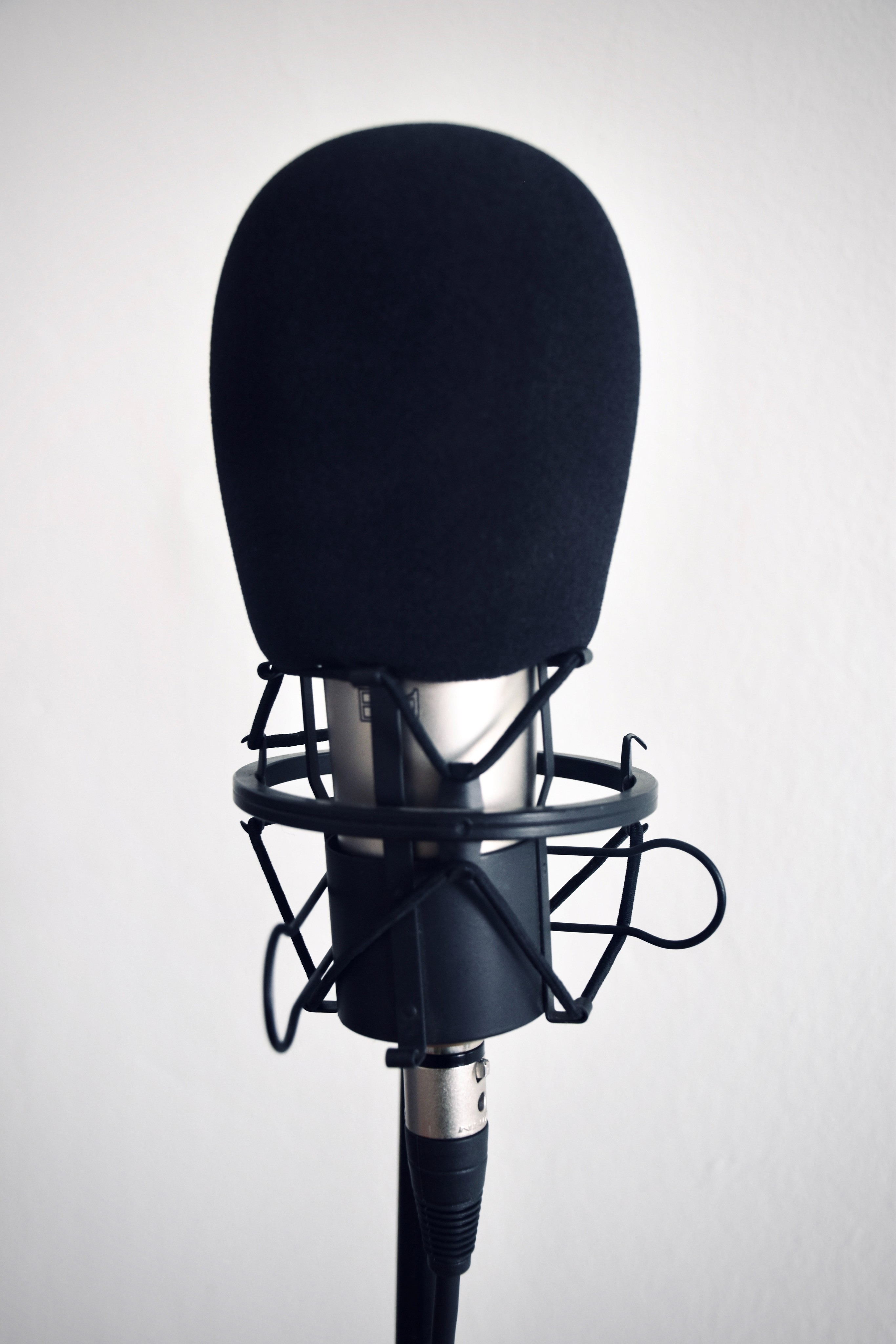The Soothing Power of ASMR: How Autonomous Sensory Meridian Response Can Relieve Stress and Anxiety
Apr 24, 2023

Have you ever felt tingles down your scalp and spine when someone whispered in your ear or watched someone do a repetitive task? That's Autonomous Sensory Meridian Response (ASMR) - a sensation of relaxation and tingling in response to specific auditory or visual triggers.
In recent years, ASMR has gained popularity as a natural way to reduce stress and anxiety.
In this blog post, we'll explore the benefits of ASMR and how it can promote relaxation.
What is ASMR?
ASMR is a physiological response that occurs in some individuals when exposed to specific triggers. These triggers can be auditory, visual, or tactile, and can include whispering, tapping, scratching, soft speaking, and repetitive movements.
ASMR triggers are often associated with a sense of intimacy, safety, and comfort, and can induce a feeling of relaxation and calmness.
How ASMR Can Relieve Stress and Anxiety
ASMR triggers have been shown to activate the parasympathetic nervous system, which is responsible for promoting relaxation and reducing stress.
When we experience ASMR, our heart rate and blood pressure decrease, and our body enters a state of deep relaxation.
This can help reduce the symptoms of anxiety and stress, such as muscle tension, racing thoughts, and difficulty sleeping.
The Science Behind ASMR
While ASMR is a relatively new field of study, there is growing scientific evidence that supports its therapeutic benefits.
In a study published in the journal PLOS One, researchers found that ASMR triggers can reduce heart rate and increase feelings of relaxation and well-being.
Another study published in the journal Frontiers in Psychology found that ASMR can improve mood and decrease symptoms of depression and anxiety.
Common ASMR Triggers
ASMR triggers can vary from person to person, but there are some common triggers that are known to induce the sensation.
Whispering, tapping, scratching, and soft speaking are some of the most popular ASMR triggers.
Other triggers can include the sound of rain, crinkling paper, and the gentle sound of a person's breathing. It's important to note that not everyone experiences ASMR, and some individuals may have different triggers or may not experience the sensation at all.
Incorporating ASMR Into Your Daily Routine
If you're looking to incorporate ASMR into your daily routine, there are a variety of ways to do so.
You can listen to ASMR videos on YouTube or other platforms, or you can use an app like "No Stress," which offers a selection of ASMR sounds and playlists that are tailored to your mood.
You can also experiment with creating your own ASMR triggers, such as tapping your fingernails on a hard surface or whispering softly to yourself.
Final Thoughts
Whether you prefer whispering voices, gentle tapping sounds, or soothing music, the right ASMR trigger can help you feel calmer, more centered, and more focused.
If you're new to ASMR or want to explore different sounds, be sure to check out "No Stress", which offers a variety of ambient relaxation sounds to suit your mood and help you find your perfect soundscape.
With "No Stress", you can create a personalized relaxation routine that incorporates the power of ASMR and other ambient sounds to help you unwind, de-stress, and achieve a state of calm.
